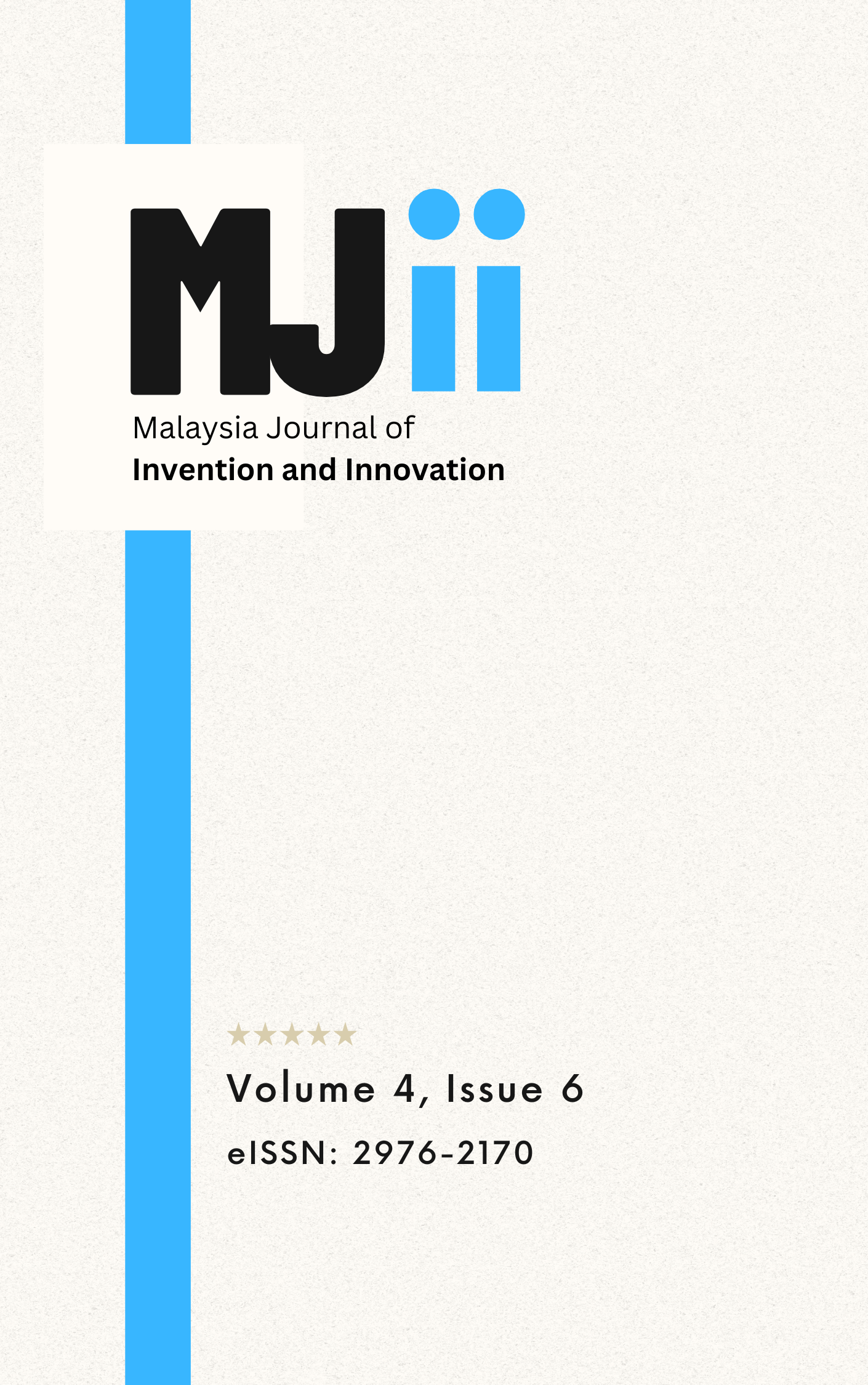Development Of ICC-Box to Enrich Intercultural Communication Among Asian ESL/EFL Speakers
DOI:
https://doi.org/10.64382/mjii.v4i6.109Abstract
Globalization transforms the world into a highly connected and interdependent space. The modern era has expanded globalization practices to the academia. For higher education, global prominence is included as one of the aspirations to strengthen Malaysia as an educational hub. One of the key initiatives suggested is by fostering collaborations with international educational institutions to equip students with instrumental knowledge and skills which they can apply in an increasingly competitive global environment. Nonetheless, globalization can lead to cross-cultural communication issues among students if they have not developed cultural intelligence to help them understand other cultures well. To overcome some of these issues, ICC-Box (Intercultural Communication Box) has been developed and incorporated in oral communication activities in a multicultural classroom which consisted of Malaysian, Chinese and Indonesian students at UiTM Kelantan Branch. A survey was conducted to gather the students’ perceptions of ICC-Box. The results from the survey indicated that the students held positive perception towards intercultural communication, suitability to students, utilitarian, and general learning content attributes of ICC-Box. By adopting the Communicative Language Teaching Approach, ICC-Box offers students the opportunities to interact and learn more about cultural similarities and differences with their international counterparts without feeling highly concerned about their English language competence.
Downloads
Published
Issue
Section
License
Copyright (c) 2025 Nor Syamimi Iliani Che Hassan, Siti Ainul Ayzan Ayub, Nor Hairunnisa Mohammad Nor, Wan Muhammad Fitri Wan Amir Nizam

This work is licensed under a Creative Commons Attribution 4.0 International License.
The authors of MJII retain copyright to the content of the articles.
The content is published under the Creative Commons Attribution (CC BY) 4.0 which allows content to be copied, adapted, displayed, distributed, republished, or otherwise re-used for any purpose, including for adaptation and commercial use provided the content is attributed without any restriction.
Authors Rights
The Journal grants you the following non-exclusive rights, subject to giving propoer acknowledgement to the original journal. The authors may:
(i) to reprint or reproduce the contribution, in whole or in part, in any publication of your interest.
(ii) to use material for teaching purposes; including availability of the matarial in academic course.
(iii) to post a copy of the contribution on your personal or institutional web server, provided that the server is non-commercial and there are no charges for access, and
(iv) to deposit a copy of the contribution in a non-commercial data repository maintained by an institution of which you are a member.
Author's Agreement
Author(s) guarantee the journal the following:
(i) that the contribution is their original work;
(ii) that it contains, no matter what, content that is defamatory or is otherwise unlawful or which invades rights of privacy or publicity or infringes any proprietary rights (including copyright);
(iii) that the contribution has not been published elsewhere in whole or in part and that no agreement to publish is outstanding other than this agreement. Author(s) agree to be responsible and hold the journal, its editors, staff and affiliate organizations harmless against any claims arising from or related to the breach or inaccuracy of any of the guarantees listed above.
Disclaimer
The editorial team of the MJII and the publication team of Academica Press Solutions share no responsibility regarding the views and opinions expressed by the authors.
The content published in MJII is Open Access and can be shared, adapted, reproduced, reprinted, after appropriate acknowledgment and giving due credit to the author(s) work.


